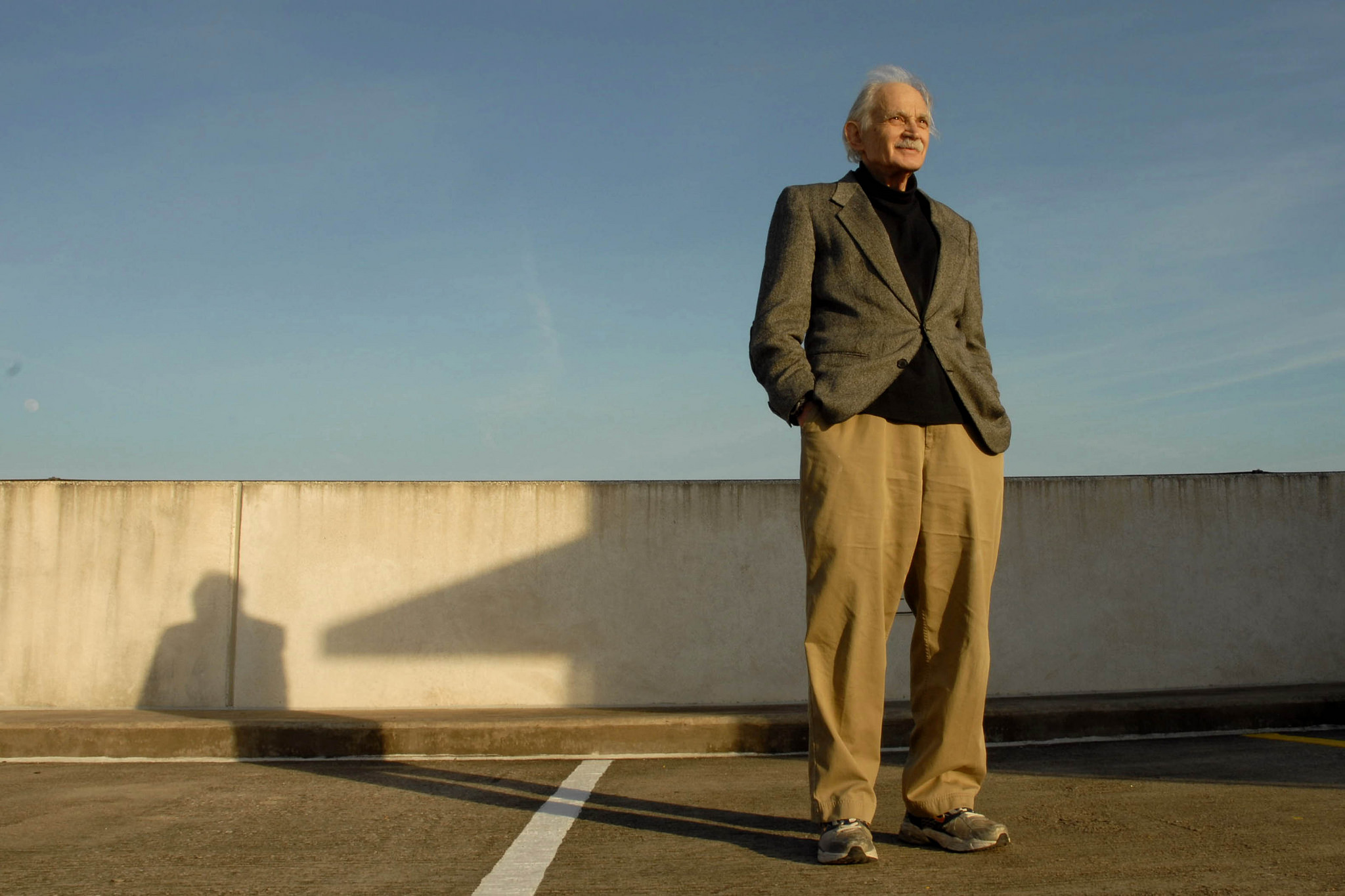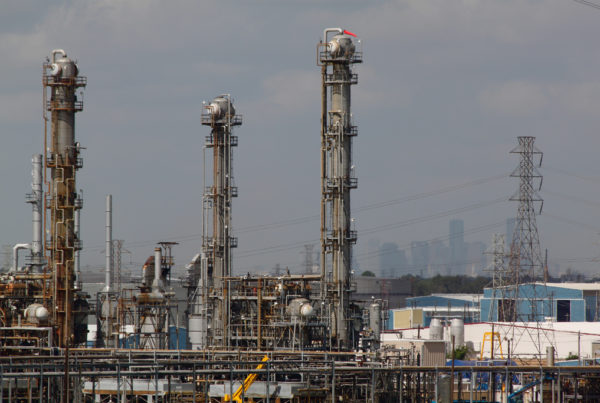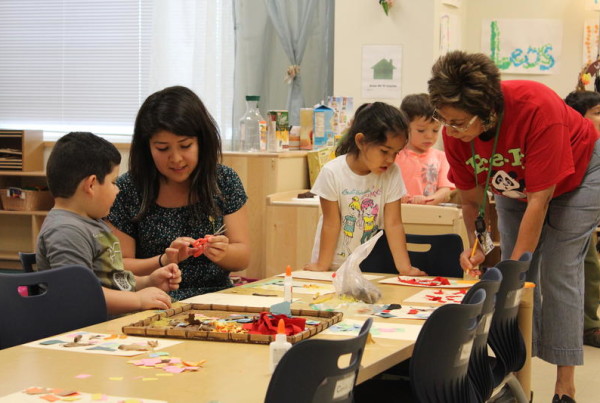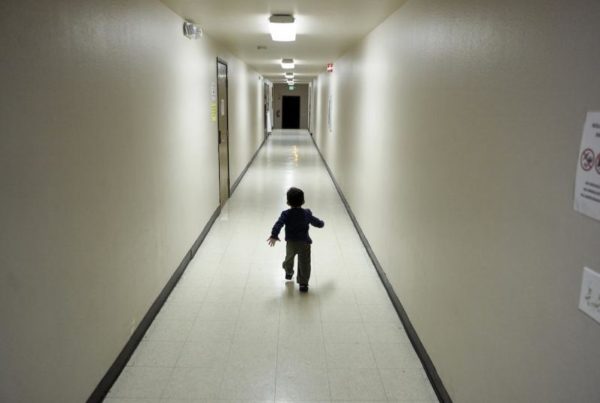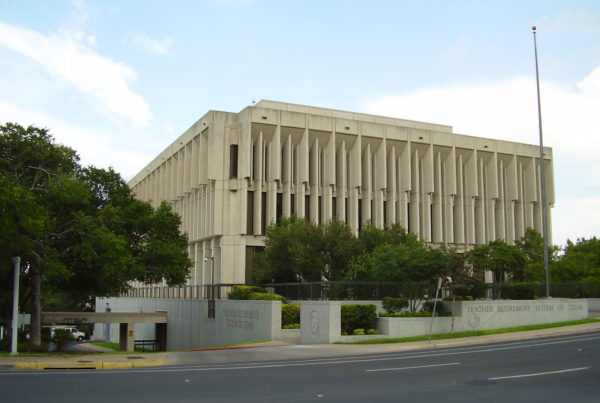Allen Bard has been researching chemistry at the University of Texas at Austin for over 60 years.
“I really do love doing research,” Bard says. “It’s a great thing to be able to let people give you funds to discover things, to understand how things work.”
Bard is known in the science community as the father of modern electrochemistry, a field that studies interactions between chemicals and electrical charge. His development of scanning electrochemical microscopy revolutionized multiple industries, including health care.
At the outset of the project, Bard says his team had no idea what they would eventually create.
“We did the first experiments, which were for example mixing things together and watching the light come out, purely to understand the mechanism by which it was going on,” Bard says. “It was just the curiosity.”
Decades later, Bard is still performing research he hopes will lead to cutting-edge technology. He’s always advocated for science’s role as an agent of change
“Basic research is where you’re doing it because you’re curious and you want to understand nature better and the principles of it,” Bard says. “But we also believe there should be some societal benefits to what we do. We can help things.”
Despite his age, Bard says he isn’t planning on slowing down. He recently traveled to Saudi Arabia, where he received the 2019 King Faisal International Prize in Science.
“As long as I can keep going, then I’ll try to keep going,” Bard says.


